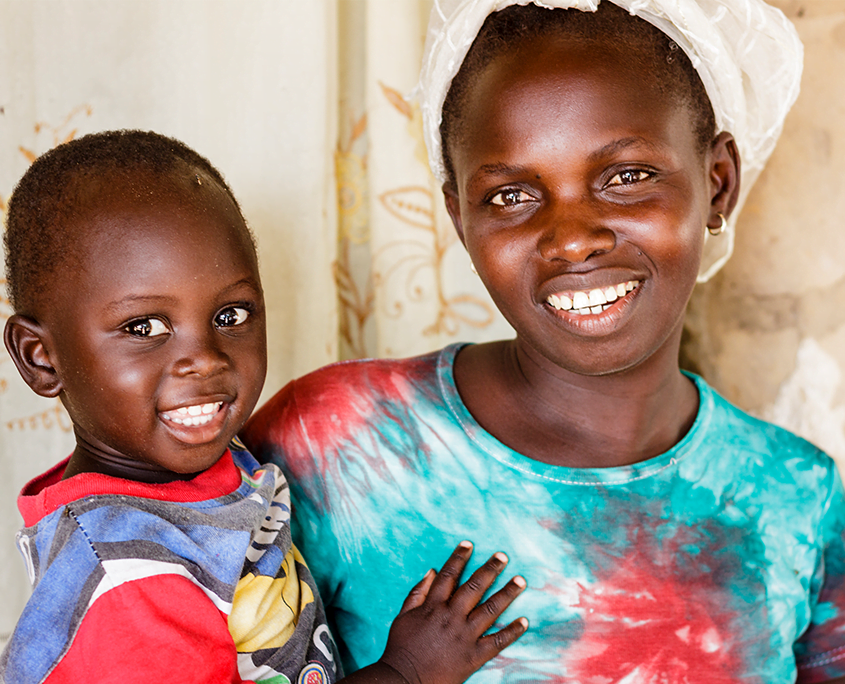A happy young woman and smiling, holding her baby son in Kafountine, Senegal
Photo Credit: Jordi Ramisa/iStock/Getty Images
UN’s World Health Day
The theme for this year’s World Health Day is #UniversalHealthCoverage: everyone, everywhere. Dr. Tedros Ghebreyesus, Director-General of the World Health Organisation, estimates that about 400 million people globally lack access to essential health services, while 150 million suffer financial catastrophe annually from out-of-pocket expenditure on health services, and another 100 million are pushed below the poverty line. (World Economic Forum, 2019).
For some, health coverage seems to be of a very high cost but the reality is that if a catastrophic illness occurs, it would leave most people bankrupt as medical care is very expensive. Others feel like the process of getting one is too complicated and they shut down before giving it a try to be able to understand the various policies. Some people do not feel the need to acquire one because they feel healthy at the time, while others see it as not being able to cover all the health care needs that they have.
As part of the Sustainable Development Goals; SDG3, which is to ensure healthy lives and promote well-being for all at all ages, universal health coverage is important. It can be seen as beneficial by not only lowering the costs of health care for an economy by negotiation and regulation by the government but also forcing medical caregivers to provide a standard service of care at a low cost. Access to health care also helps society to increase its productivity and serves as a means for financial risk protection. It is also seen as part of the prime elements geared toward the reduction of social inequalities.
For universal health coverage to become a reality, the gaps that are being pointed out such as maintaining the standards of the health services offered with the funds that are available need to be filled.
The World Health Organisation put up essential pillars that can make Universal Health Coverage work, these are; a well-motivated, well-trained, and efficient workforce, a financing strategy, access to essential medicines, vaccines, and technologies, and most importantly, an efficient healthcare system. (The Daily Nation, 2018).



